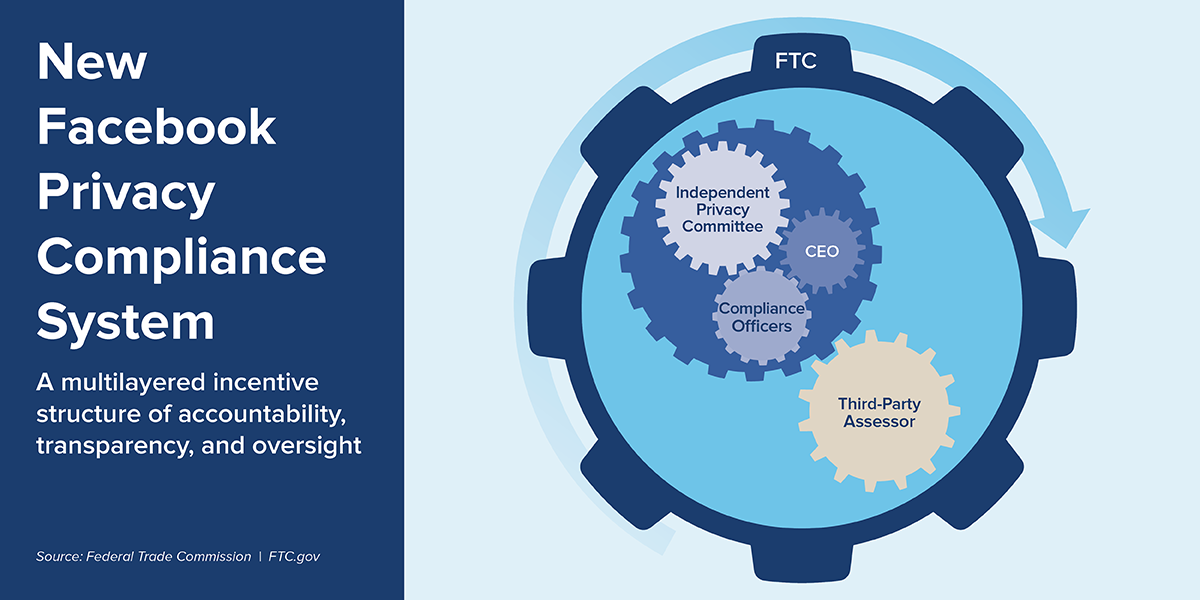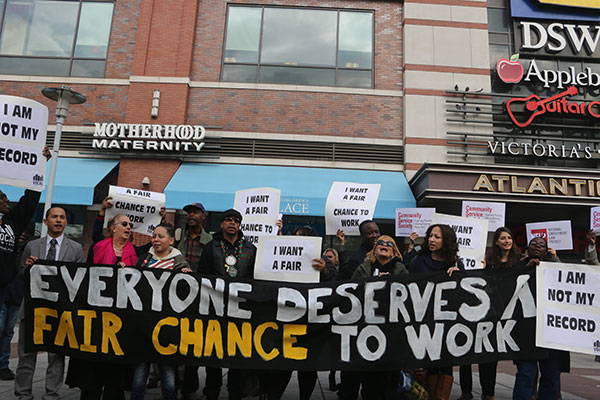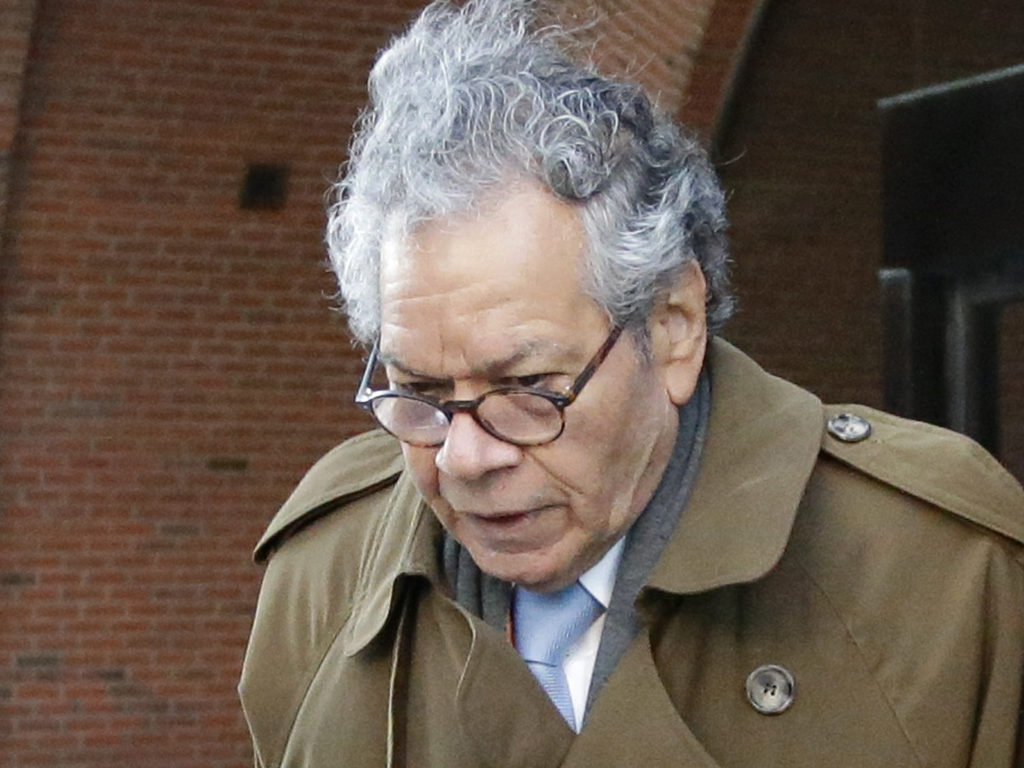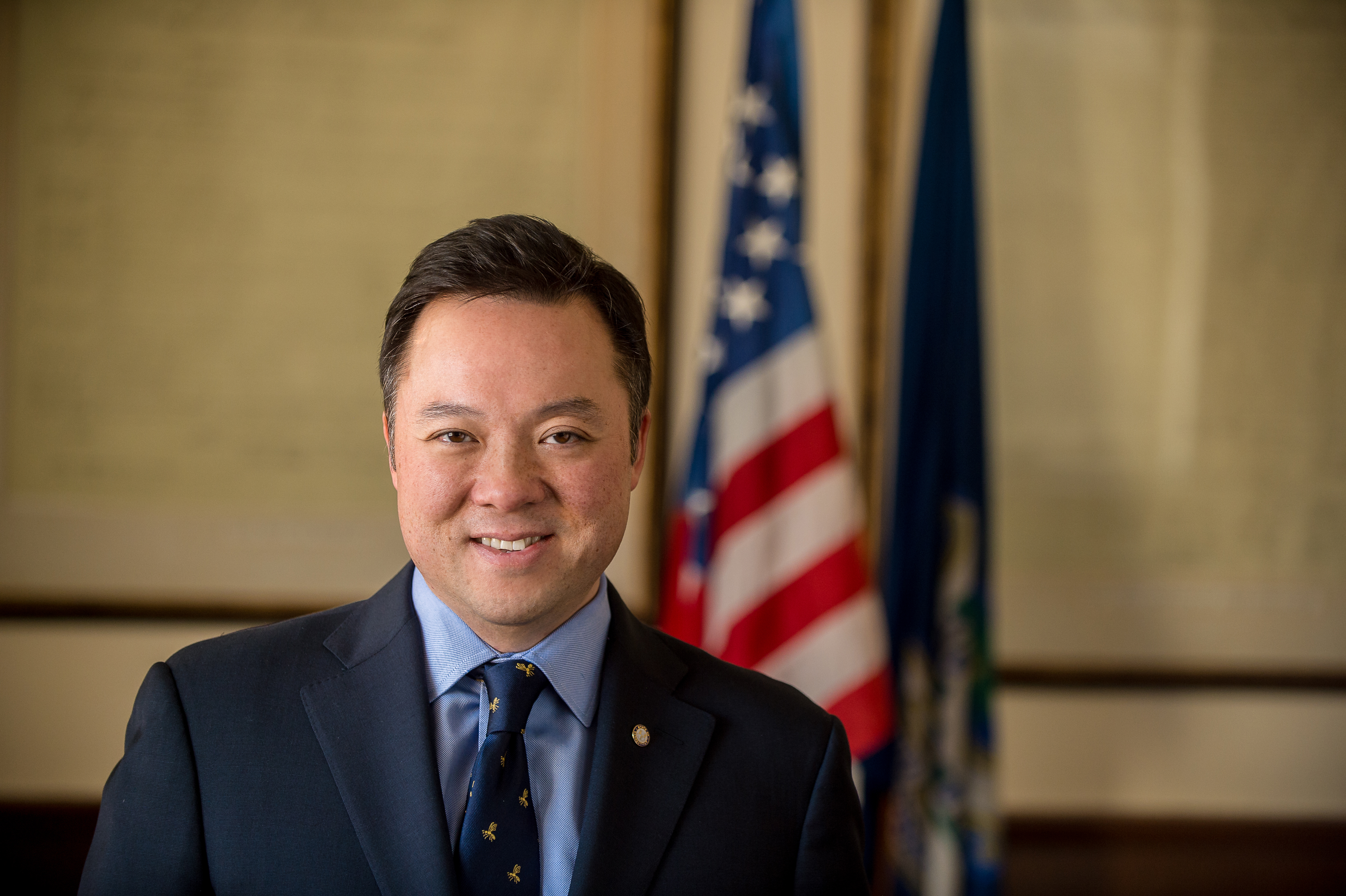Perhaps to avoid giving the impression that the Trump Administration was getting soft on immigrants by having the president go to El Paso to console the victims of a mass shooting aimed at Latinos, Immigrations and Customs Enforcement chose the same day to carry out the largest workplace raid in more than a decade.
The more than 600 people taken into custody at several sites in Mississippi were not apprehended while engaged in criminal activity, but rather in the course of supporting their families by performing some of the most unpleasant and dangerous work in the U.S. economy: poultry processing.
There were no arrests of managers at the companies involved – which included Koch Foods and Peco Foods, whose spokespeople insisted they carefully screened new hires using the E-Verify system. This came as no surprise, as employers are rarely prosecuted for immigration offenses, whether or not they use E-Verify, or if they are lax in applying the system.
Among the more than 300,000 entries in Violation Tracker there are fewer than 50 cases of immigration-related employer penalties, and only 18 with fines of $1 million or more. Countless other companies have gotten away with employing undocumented workers, among them the Trump Organization.
They also often get away with other workplace violations, though sometimes they are caught in the job safety or wage & hour enforcement net. Koch Foods (not part of Koch Industries), for instance, has been penalized more than $4 million for its Mississippi operation, including three OSHA violations, one wage & hour violation, two environmental violations and a $3.75 million settlement with the EEOC concerning sexual harassment and national origin and race discrimination.
Peco Foods has had five violations at its Mississippi plants, including two from OSHA and three from the EPA.
Mike Elk, writing in Payday Report, notes that some advocates have speculated that workers are targeted for raids after their facilities get cited for workplace violations. He cites several examples in which that happened.
Since companies face little risk of being prosecuted for immigration offenses, it is possible that they may be the ones tipping off ICE, seeing the raids as a way of discouraging whistleblowing by workers about abusive conditions. While the raids cause temporary disruption to their production, these employers hope to discourage replacement workers from being outspoken on the job.
Trump and other immigration hardliners often claim that their aim is to help native-born workers by eliminating the supposed job competition created by migrants. If that were the case, then they would crack down on employers who hire the undocumented.
Instead, they enable those employers to maintain a business model based on worker intimidation.









You must be logged in to post a comment.